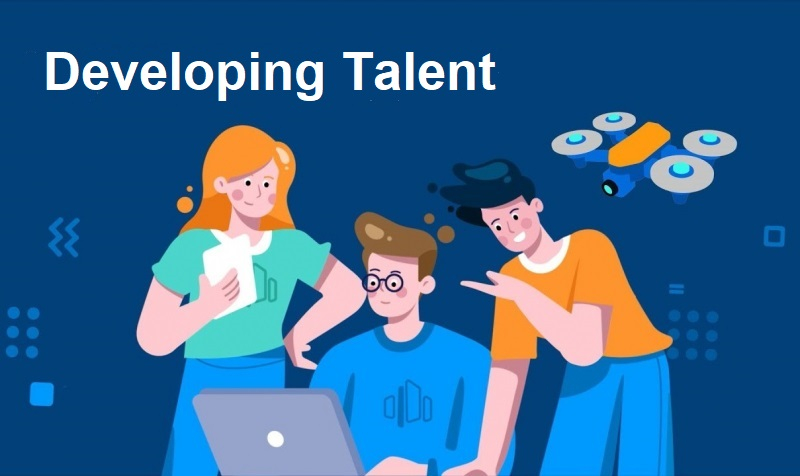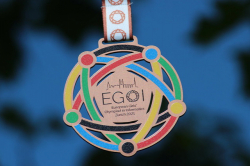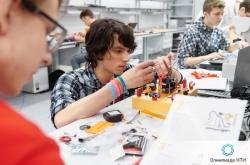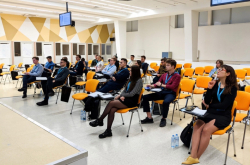This spring, the final round of the Developing Talent competition brought together talented students to deal with not abstract problems, as happens frequently in regular competitions, but real cases based on the requests of energy companies.
The competition includes several stages. First, participants learn what technologies oil and gas companies use and how these IT products help them reduce costs and increase the safety of mining, transportation, processing, and sales. Then, working in groups, they research one of the proposed cases.
Students who succeed in the regional round of the competition get the chance to advance into the final round, held at the Sirius Park of Science and Art in Sochi, and try their hand at data science.
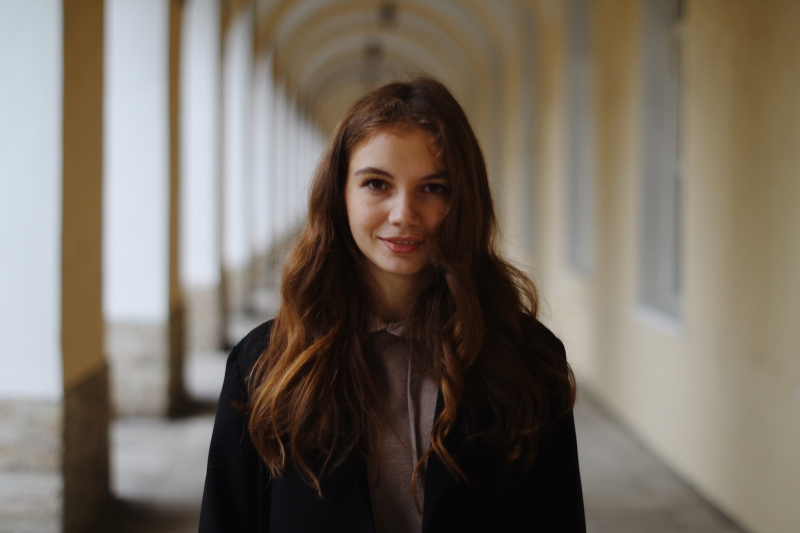
Ksenia Balabaeva, an engineer at ITMO’s National Center for Cognitive Research, became one of the mentors who assisted students in achieving their goals. Ksenia believes that participation in such projects is beneficial not only for school students: by helping them, you can expand your horizons, gain new experience, and see familiar tasks in a new light.
“At first, I was curious (and a bit scared) to try myself at mentoring. I’ve actively participated in various competitions, but I wanted to change my perspective. This year, I already knew what it was about and what kind of students you could meet there. They inspire you with their talents and can teach you a lot of new things. All finalists have brilliant, intelligent minds. During the contest, they didn’t let complex tasks puzzle them but looked for solutions, even if they were rather unconventional. It was fascinating to see how school students deal with research tasks and science. I enjoyed this experience,” she says.
Teams usually spend two weeks in Sochi, but this year, the final round was held in a hybrid format due to the pandemic. Most of the program took place online, and the teams had only four days at Sirius. Ksenia mentored nine school students from the towns of Noyabrsk and Gornopravdinsk, whose task was to create a chatbot for evaluating the emotional sentiment of messages.
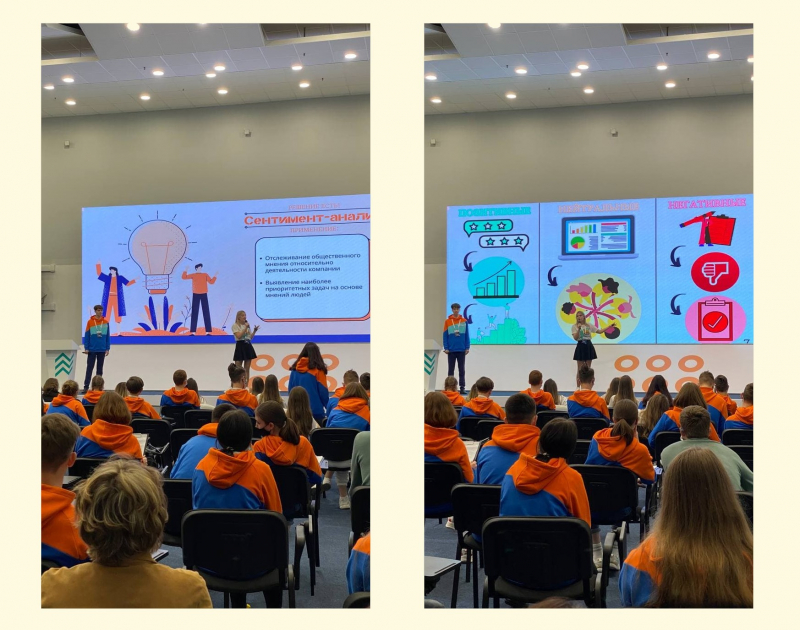
“This is the third time I take part in the Developing Talent contest and only now have I managed to get into the final round of the competition,” says Alexander Pivovarov, a team member and a school student. “Ksenia helped us develop a chatbot that could analyze emotions through messages. More than anything, I enjoyed working in a team. While working on cases and tasks, we started to explore machine learning. We faced a quite interesting challenge of creating a bot that could impress the expert commission within just a week. In the future, I’d like to work in information security and, of course, I’ll continue to develop in this field.”
The team presented a chatbot that can successfully determine the emotional sentiment of texts based on keywords and their combinations. Then, it was used to develop a system for analyzing people’s opinions on social media. The students examined reviews by former Gazprom Neft employees and customers of the company’s filling stations, and posts made by investors. This technology brought them second place at the contest.
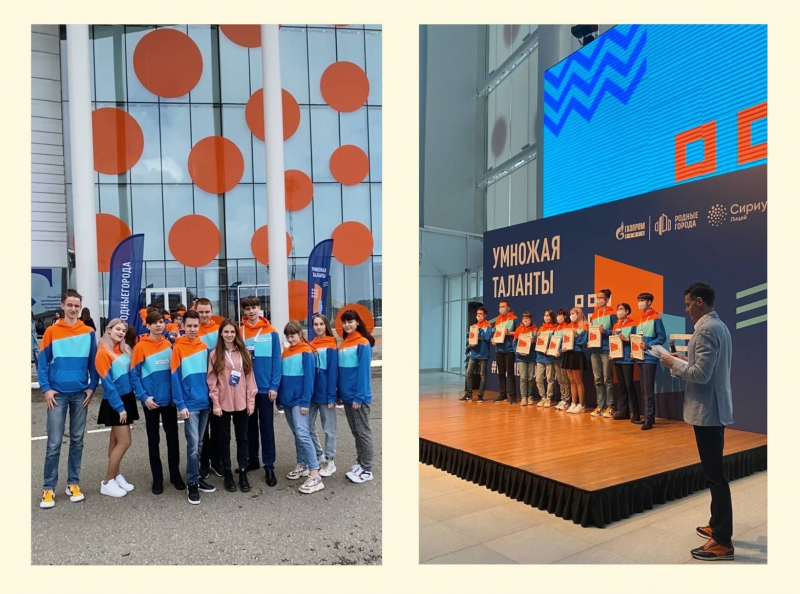
“The contest left me with good memories not only about creating solutions but also working together with other team members. It’s amazing that despite the difficult time that the whole world is going through, we were able to get together online, tackle challenges, learn something new, and even talk to other students in person,” says Aksenya Kleidman, another team member and a school student. “I’d like to thank our mentors for their excellent work. They always supported us and taught us a lot even in such a short time. My team and I participated in the project last year and we wanted to achieve better results this time. We tried to take the finals seriously and I hope we did well. It’s too early to talk about my future career. I’m not sure whether it will be connected to AI technologies or machine learning, but this project definitely helped me unleash my potential for leadership and teamwork.”
The Developing Talent project was established by Gazprom Neft in 2015 as part of the eponymous program. It aims to support talented school students from different regions of the country, as well as promote science and technology. ITMO’s National Center for Cognitive Research joined the program two years ago. Last year, Ksenia’s team developed a prototype for predicting oil production.
